You are here
Back to topPagoda’s First Shipment of Fresh Malaysian Durians Set To Reach China This Week
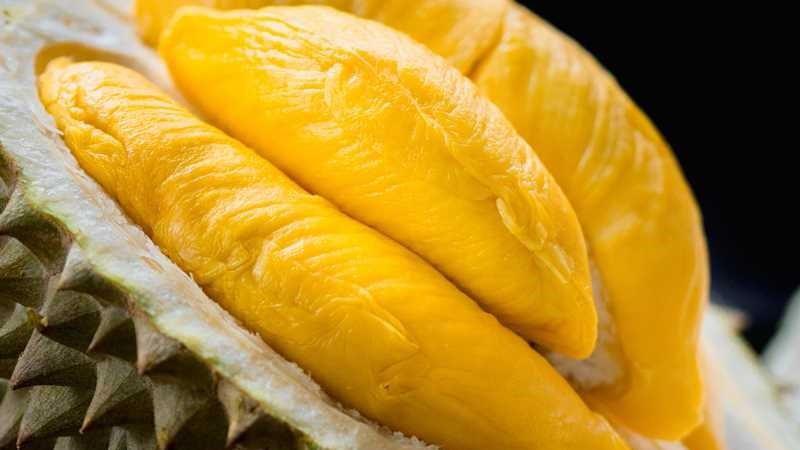
On June 24, the General Administration of Customs of China announced that fresh Malaysian durians meeting the stipulated phytosanitary requirements could be imported into China. This was followed on Aug. 9 by the publication of the GACC’s authorized exporter list detailing the first Malaysian companies officially permitted to deal with these exports.
Fruit retail giant Pagoda has actively participated in the highly anticipated first shipment of fresh Malaysian durians to China, and the company’s first batch of durians is expected to arrive in China this week by air. To obtain first-hand information about this shipment, Produce Report conducted an interview with Pagoda.
The fresh durians purchased by Pagoda this time include more than 10 varieties, such as Sultan King (D24), Musang King (D197), Black Thorn (D200) and red-fleshed durians (D101), with a total weight of approximately 5 metric tons. Pagoda will select premium fruits from these varieties to create a high-end durian series under its “Daba” brand.
Representatives of Pagoda reportedly ventured deep into the key production areas of Musang King durians in Malaysia — Pahang and Johor — for direct sourcing, specifically selecting durian trees that were over 20 years old. The fresh Malaysian durians arriving in China will be transported to Pagoda’s 29 initial processing and distribution centers across the country. Under the company’s stringent fruit quality system, which evaluates freshness, sugar/acid balance, crispness and tenderness, only durians that successfully pass these tests will be distributed to Pagoda’s more than 6,000 stores throughout China.
Regarding the advantages of fresh Malaysian durians, Pagoda believes that their core competitiveness lies in the use of optimal harvesting techniques and a rich variety of durian cultivars. On the one hand, Malaysian growers continue to follow the natural harvesting method of allowing the fruit to fall when it is ripe, avoiding any artificial ripening processes, resulting in a fuller, richer and sweeter flesh. On the other hand, Malaysia has over 100 registered durian varieties, offering consumers a more diverse selection to cater to varying taste preferences.
At present, the fresh durians sold by Pagoda primarily originate from Thailand and Vietnam. The addition of Malaysian durians will further broaden the company’s product range. Looking ahead, Pagoda plans to focus on mid-to-high-end durian varieties, ensuring a stable and sufficient supply to meet diverse consumer needs. Furthermore, Pagoda believes that if fresh Malaysian durians perform well on the Chinese market, it will attract more distributors, thereby encouraging Malaysian growers to expand their durian production.
Image: Pagoda
This article was translated from Chinese. Read the original article.



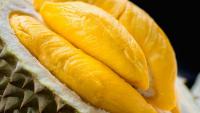
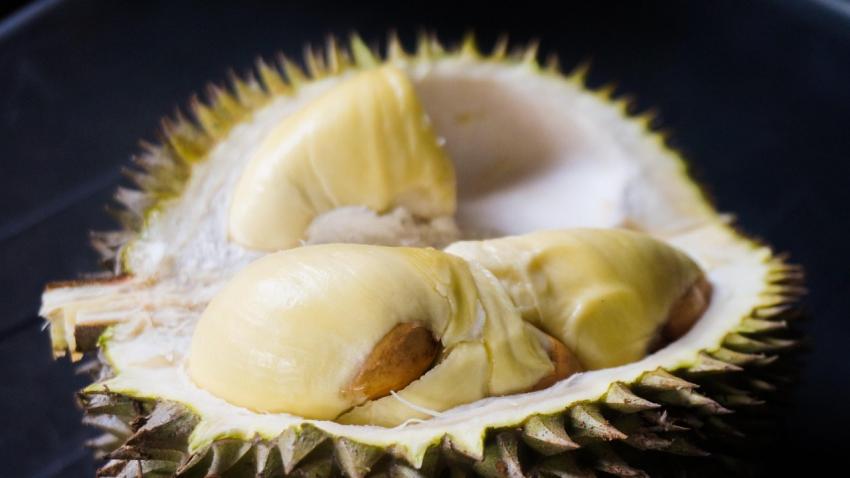
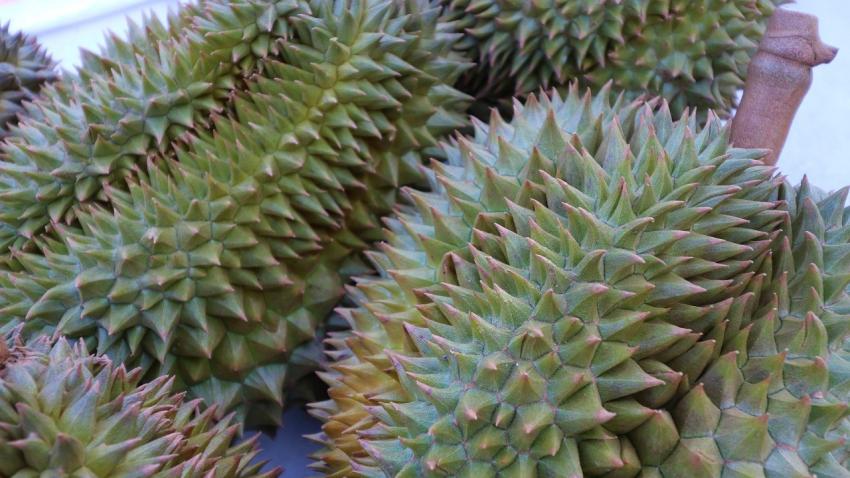
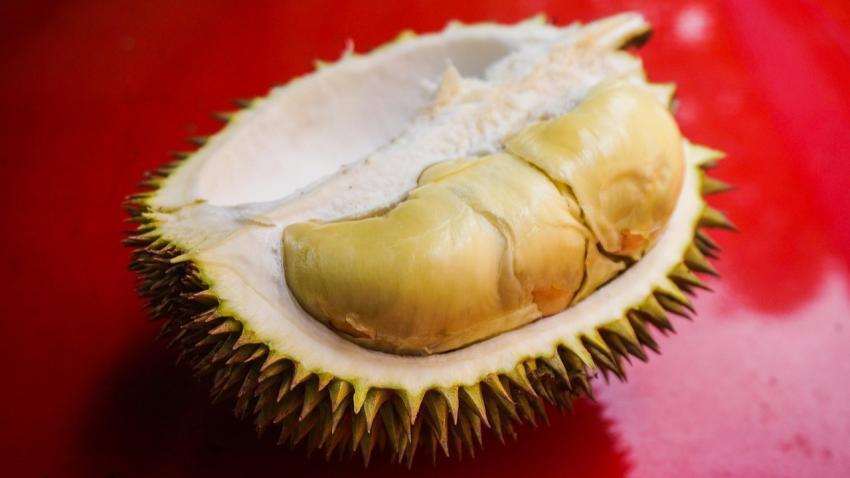
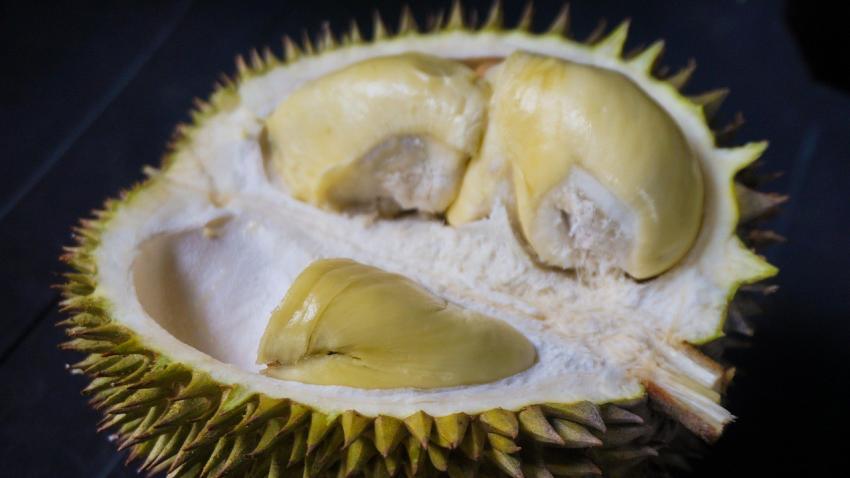









Add new comment